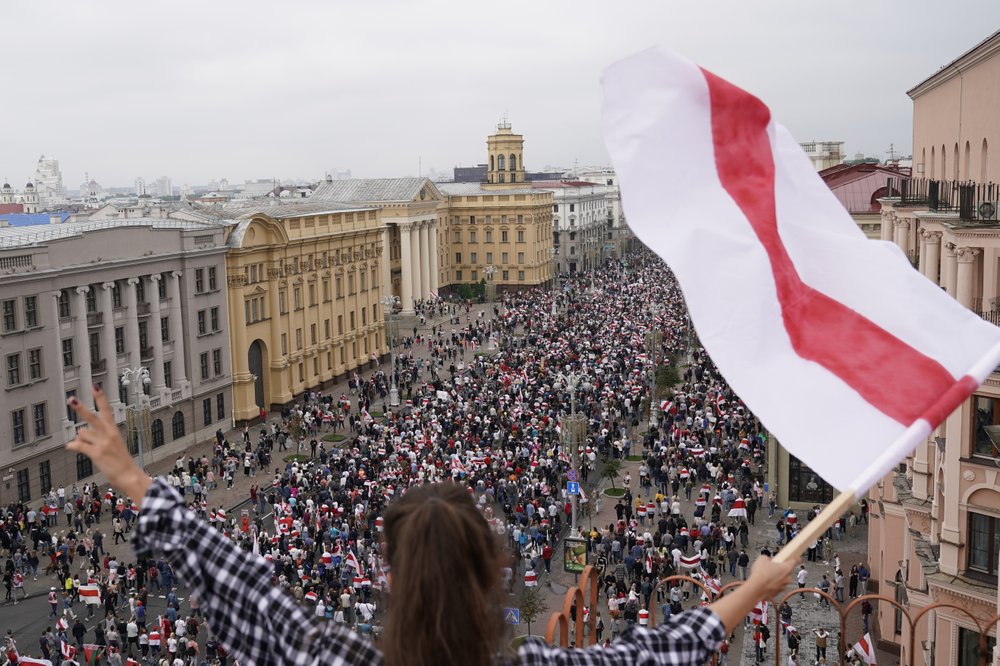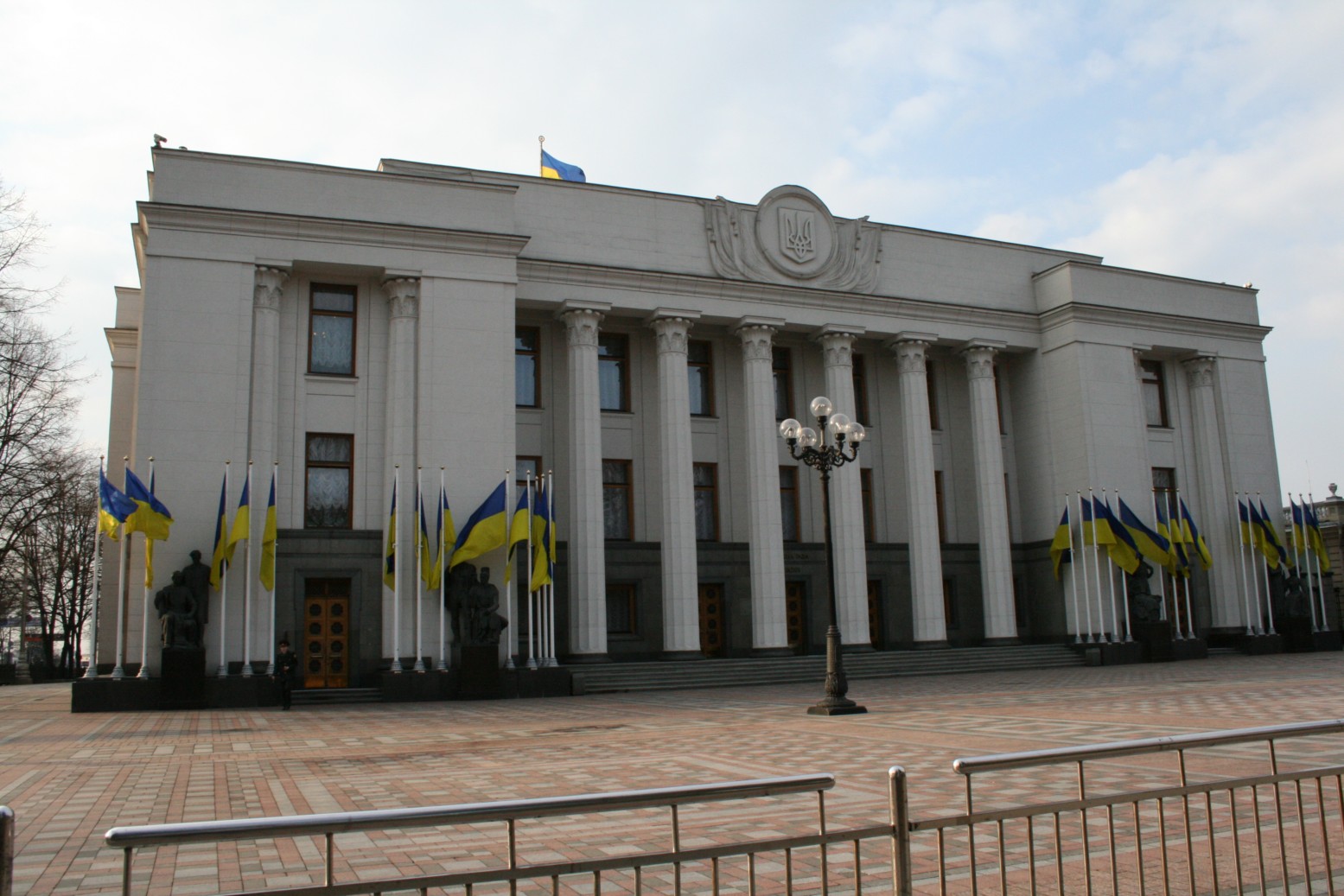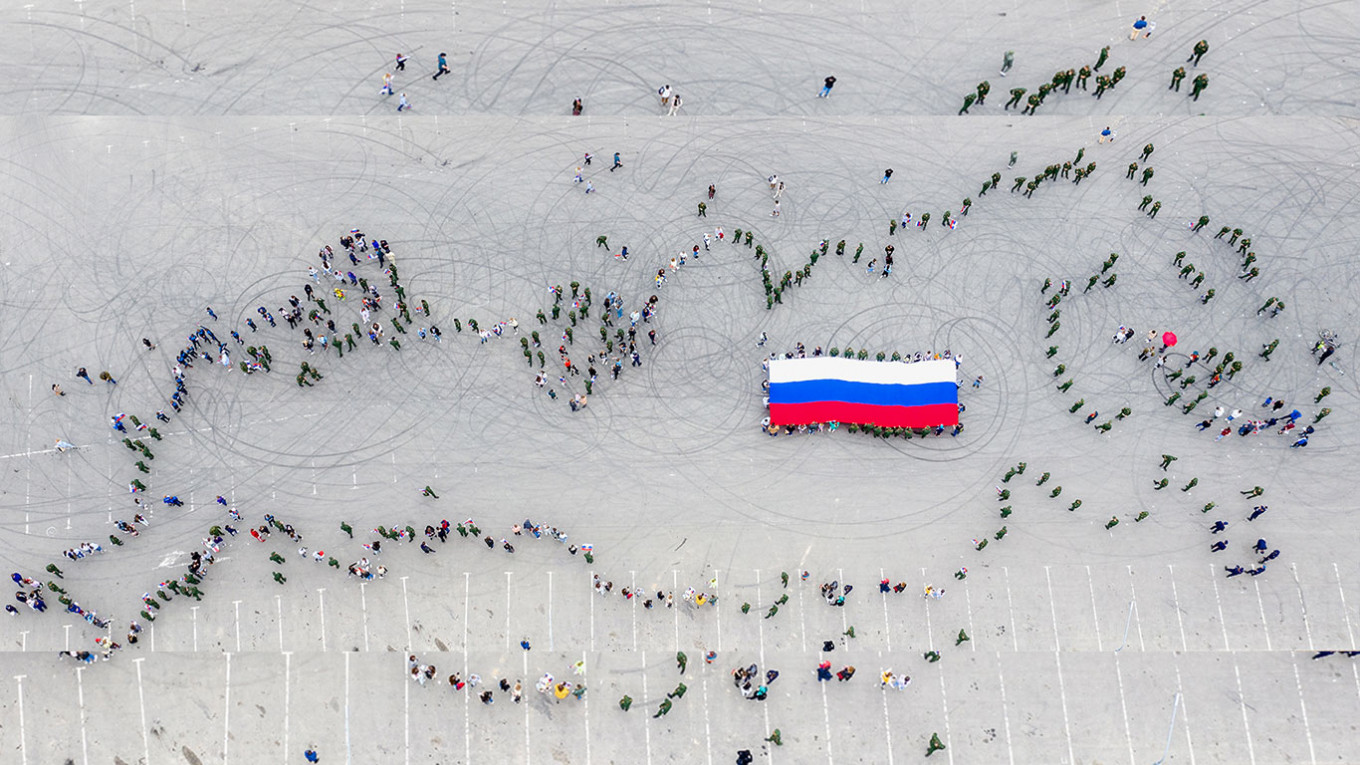
Revolution, Counter-Revolution and Social Cohesion in Belarus
Revolution, Counter-Revolution and Social Cohesion in Belarus
Three interrelated factors continue to shape Belarus’s future: the actions and initiatives of the political regime, prospects of the protest movement, and the evolving social climate. Alluding to the French Revolution, Valer Karbalevich, a Minsk-based analyst of Radio Liberty, describes the current situation in Belarus as “Thermidor,” to which every revolution gives way. But if Thermidor is, normally, a moderate counter-revolutionary stage with an emphasis on the restoration of order and some concessions to popular demands, then the Belarusian case is unique in that the government has made no concessions whatsoever. Dissent is now treated as extremism, and most political parties are unlikely to pass the upcoming re-registration (Svaboda.org, February 25). Repressions continue. For example, the anesthesiologist Artyom Sorokin, accused of divulging a medical secret (see EDM, February 25), received a 2,900 ruble ($1,102) fine and a two-year suspended prison term that will be annulled if he does not commit another misdemeanor within one year. Whereas, the Tut.by journalist Katerina Borisevich, who published that medical secret, received a six-month jail sentence (Tut.by, March 2).
More serious charges are about to be brought against a group of four Gomel-based activists accused of preparing public disorder and a takeover of public buildings on election day (August 9, 2020). The authorities allegedly obtained footage of an August 5 meeting of those four and opposition presidential candidate Svetlana Tikhanovskaya. Having supported the plan, Tikhanovskaya allegedly “agreed to provide funds for the purchase of stun guns, gas canisters, walkie-talkies, megaphones, microphones, other items, and weapons intended for the commission of a crime” (Tut.by, March 2). Preempting a possible extradition request for Tikhanovskaya (who resides in exile in Lithuania), Lithuanian Deputy Foreign Minister Mantas Adomenas has already stated that his government “does not extradite people who are subject to political persecution [and that] Minsk knows perfectly well what answer we will give them” (Deutsche Welle—Russian service, March 3).
At the same time, the transfer of power in Minsk has apparently been given a start date. On March 2, during a meeting with three top government officials, President Alyaksandr Lukashenka for the first time confirmed he intends to conduct early presidential and parliamentary elections soon after the constitutional referendum scheduled for January or February 2022. Prior to that, Lukashenka is expected to choose his successor. Karbalevich believes the Kremlin’s endorsement of this plan may have been the main outcome of Lukashenka’s February 22 summit with Russian President Vladimir Putin, in Sochi (Svaboda.org, March 2).
Yet another initiative of the Belarusian authorities is to boost patriotism by introducing a new holiday, the Day of People’s Unity. On the website of the All-Belarusian People’s Assembly (an extra-constitutional congressional body, last convened by Lukashenka on February 11, 2021), Belarusians are asked to cast their vote for one of two potential dates for this holiday, September 17 or November 14 (Vsebel.by, accessed March 9). On the former day, in 1939, the Red Army invaded Poland, 17 days after the Nazi German Wehrmacht did. As a result, Western Belarus reunited with the Belarusian Soviet Socialist Republic (BSSR). On the latter day, November 14 (1939), this unification was endorsed by the BSSR’s Supreme Soviet at its meeting in Białystok, a city that was returned to Poland after the war. In the opinion of Yury Drakakhrust of Radio Liberty, the whole point is to “anger the Poles, to offend them […]—a cynical step in the confrontation with the West” (Svaboda.org, March 1).
As far as the Belarusian opposition’s protest potential is concerned, evidence on which to assess it is scarce. The exiled protest leaders, however, talk about a renewed wave of protests as early as late March. Tikhanovskaya even contends that Lukashenka will be gone already in spring; while Pavel Latushko calls for much harsher Western sanctions (Tut.by, February 28). An article in the opposition-minded online newspaper Salidarnast attributes inadequate sanctions to the fact that Belarusians are “not completely ripe for a democratic and pro-Western path of development.” A rhetorical question is posed: “Why would Europeans and Americans expend their efforts on subverting Lukashenka, if even thereafter Belarus will still remain a Russian ally?” (Salidarnast, March 1).
Meanwhile, Belarusian society is split as bitterly as ever. The seasoned sociologist Andrei Vardomatsky describes the conflict of value systems as follows. “For supporters of change, the point of reference is the current situation in other countries: how much better it would be if Belarus were like them… In contrast, opponents of the protests compare the current situation with what it was like in Belarus itself in the early 1990s” (Belmarket, March 4).
“Given oppressive conditions, on the one hand, and undying social unrest, on the other, the demand for self-sacrifice is very strong,” writes Sviatoslav Witkowski, a political analyst and an entrepreneur. “On the regime’s side, this translates into gestures of frantic allegiance to the authorities. In the camp of supporters of change […] the demand for martyrdom is growing. The latter is the primordial weapon of revolutions. At times of victories, it brings the final triumph closer; and at times of defeats, it proves that the movement is still alive and will eventually win” (Facebook.com/DeadChopin, March 5).
In the Mozyr city swimming pool, just as in most pools around the world, floats and lane dividers are white and red. Residents of this district center of Gomel Oblast asked the local authorities if swimming in the pool could be considered an unauthorized mass event with the use of white-red-white symbols—i.e., matching colors of the flag that became a protest symbol in Belarus. Fortunately, the deputy chair of the local administration dispelled their concern (Svaboda.org, February 26).
Andrei Mukovozchik, a columnist of Belarus Segodnya, the main government newspaper, wrote semi-seriously that “Belarus has received a peaceful respite. As long as [Artyom] Shraibman is in the army, we will not be bombed. Because they would not target one of their own” (SB, March 5). To wit, Shraibman, a respected political commentator, was called up for month-long military service as a reserve officer of the Belarusian army. Shraibman is a non-resident scholar at the Moscow Carnegie Center, an American institution, and therefore an “adversary.” Though meant as a joke, Mukovozchik’s remark speaks volumes about the social climate in today’s Belarus.


